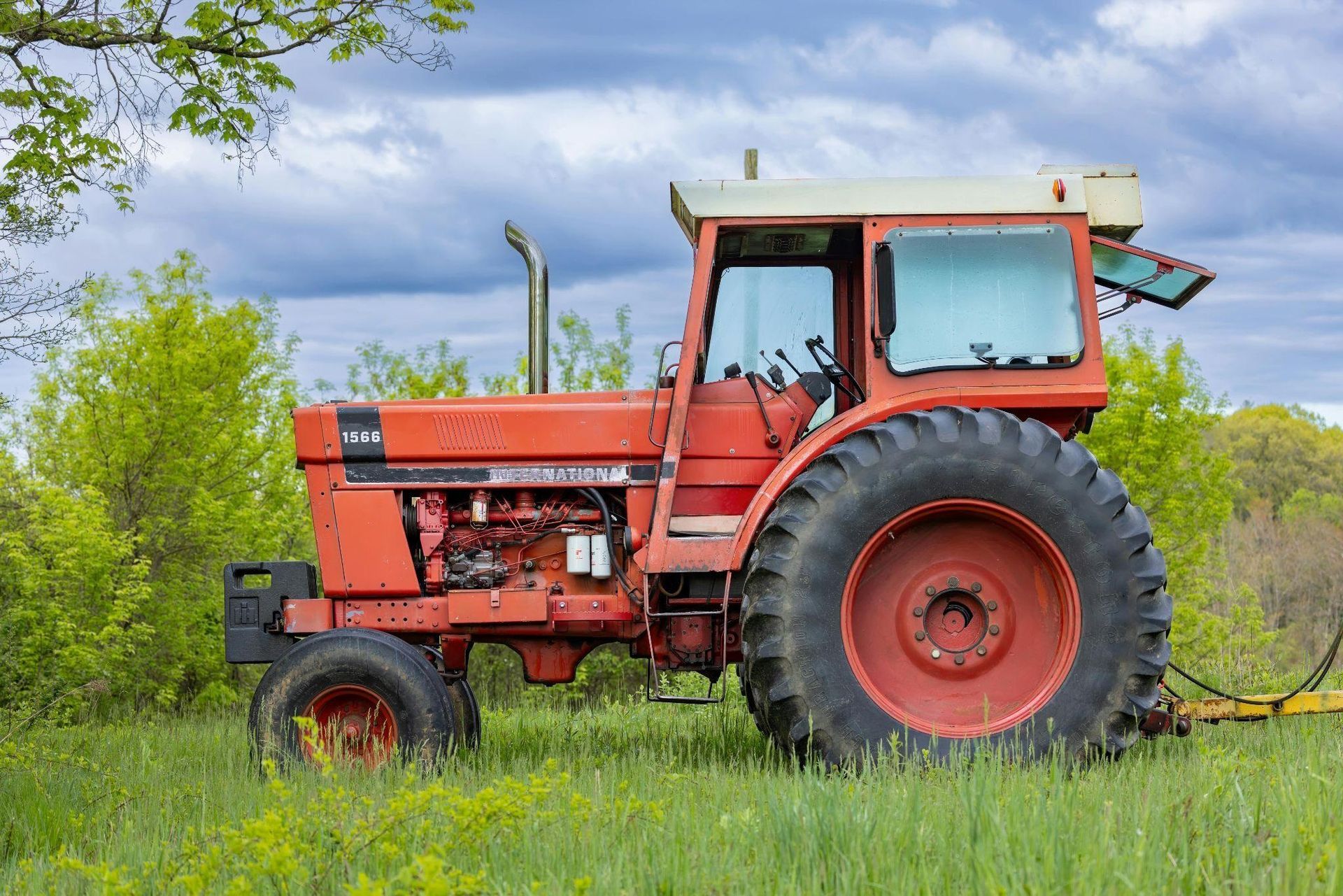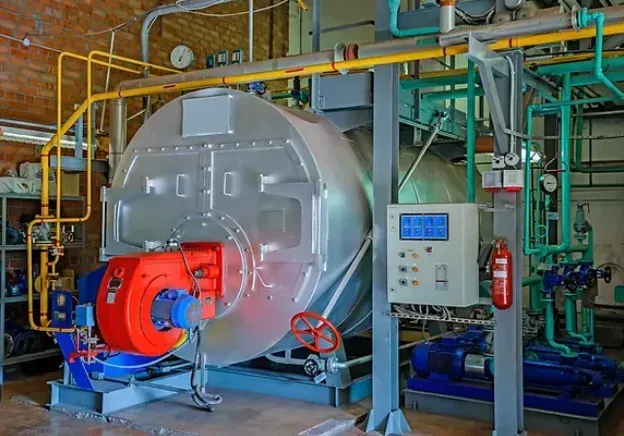A BEGINNERS GUIDE TO HOME HEATING OIL
If you are new to buying home heating oil, or just curious to know more about the product, this guide is for you
In the UK, the most common home heating oil is kerosene class 2. It is yellowish in colour and has a distinctive pungent, oily smell to it.
Kerosene is also known as Home Heating Oil (HHO), and 28-second Heating Oil. It is known as 28-second Heating Oil because its viscosity is such that a measured amount passes through a measured hole in 28 seconds (or less).
While mains gas is obtained from the grid, kerosene heating oil is delivered by road and stored in a tank located on the customer’s premises. The storage tank fittings, installation, location, and the tank itself must comply with storage regulations, OFTEC regulations, and local buildings regs (information can be found on the Environment Agency and Government websites).
Kerosene is used to heat the boiler. This happens when the kerosene is ignited in the combustion chamber, and a heat exchanger heats cold water, either from the mains water supply in a combi system, or from a cold water tank with a conventional boiler. The hot water is then used to heat radiators, and provides the property with hot water for taps, showers etc.
The fuel storage tank will need to be replenished as necessary to ensure a constant supply of fuel to the boiler. If the storage tank runs out of fuel, the boiler may become air-locked which will shut down the system. Should this happen, you may need to contact a qualified heating engineer to restart the system - after you have replenished the storage tank with kerosene. Therefore, it is vital that you monitor the level of kerosene in the storage tank to ensure it never runs out. Various gauging systems are available to buy, from simple sight tubes to remote electronic monitoring devices.
In theory, the best time to buy heating oil is during the summer months when there is less demand for the product. Of course, this isn’t always the case as diverse events such as political unrest, world demand, the currency market, and decisions made by one or more of the major oil producing countries can have impact on the market price. It is recommended that storage tanks are replenished during late autumn / early winter time, as demand increases significantly during the run-up to the Christmas period, and expected delivery times can be longer than usual.
If you have recently moved into a property which is on heating oil, and never purchased the product before, it can be a daunting and confusing experience – but we are here to help. Northern Oil Company is a small, friendly, family-run fuel supplier which has been providing a service to customers like you for over 130 years. We will help you during every step of the way, from your initial enquiry, to the delivery into your storage tank by one of our friendly, helpful delivery drivers. With over 50 years of experience between them within the oil industry, David and Brian will be happy to offer advice and guide you through the ordering process.
Give us a call today and take the toil out of buying oil.













